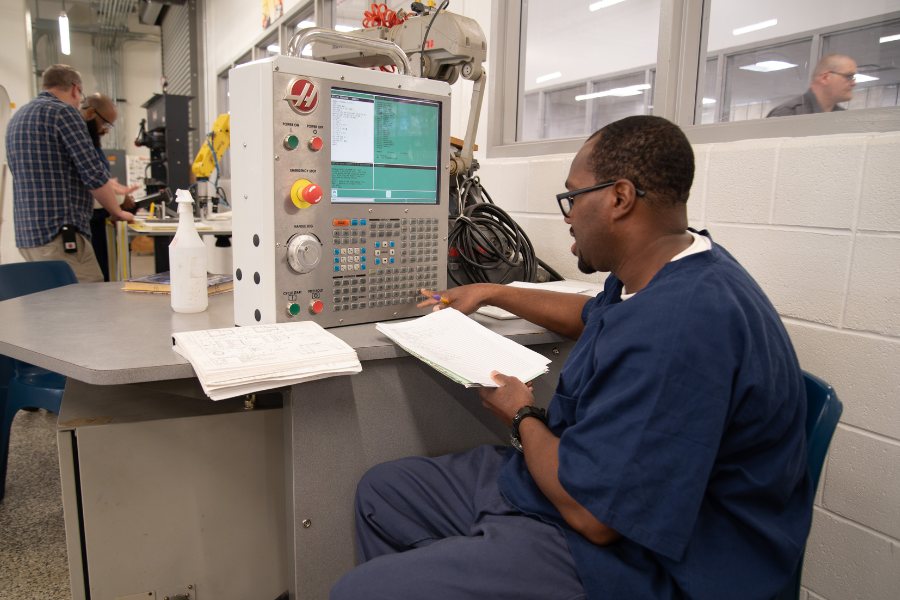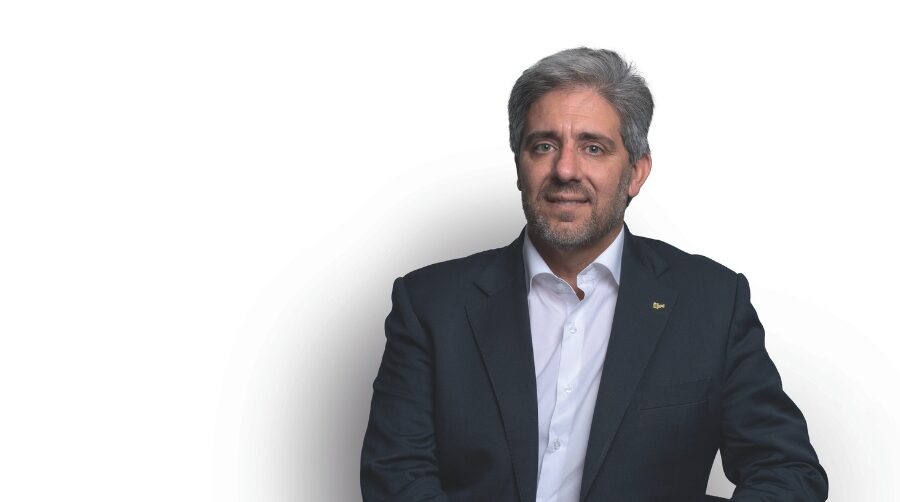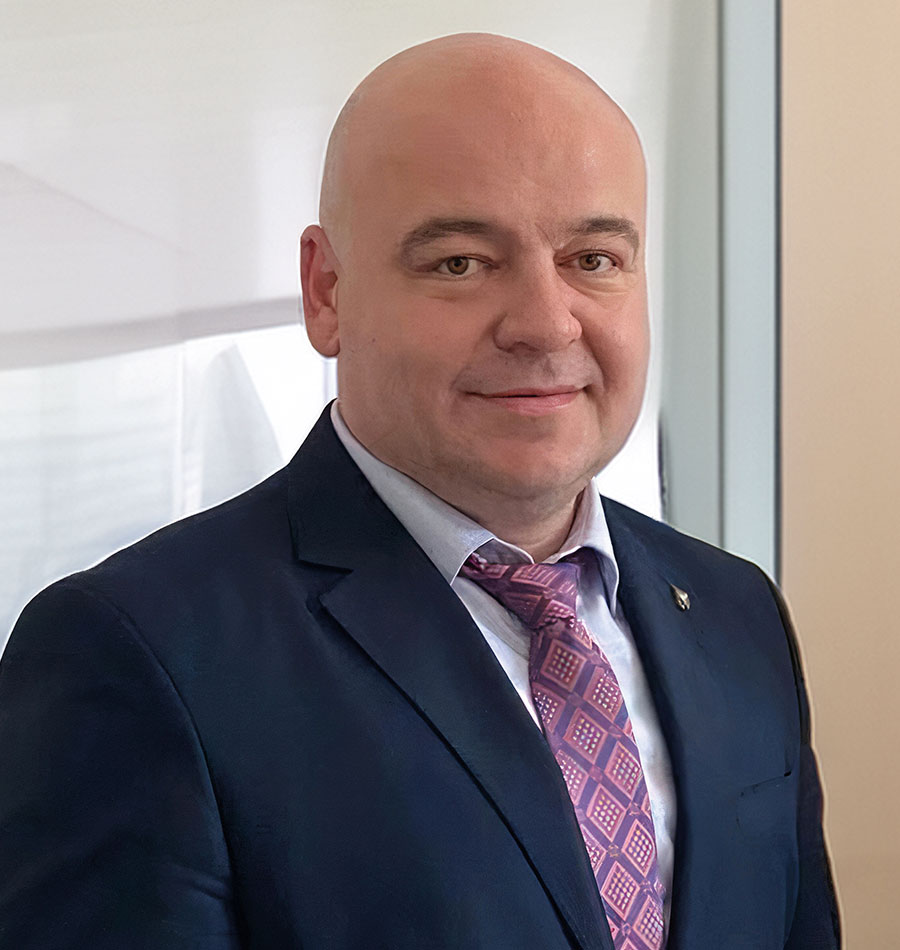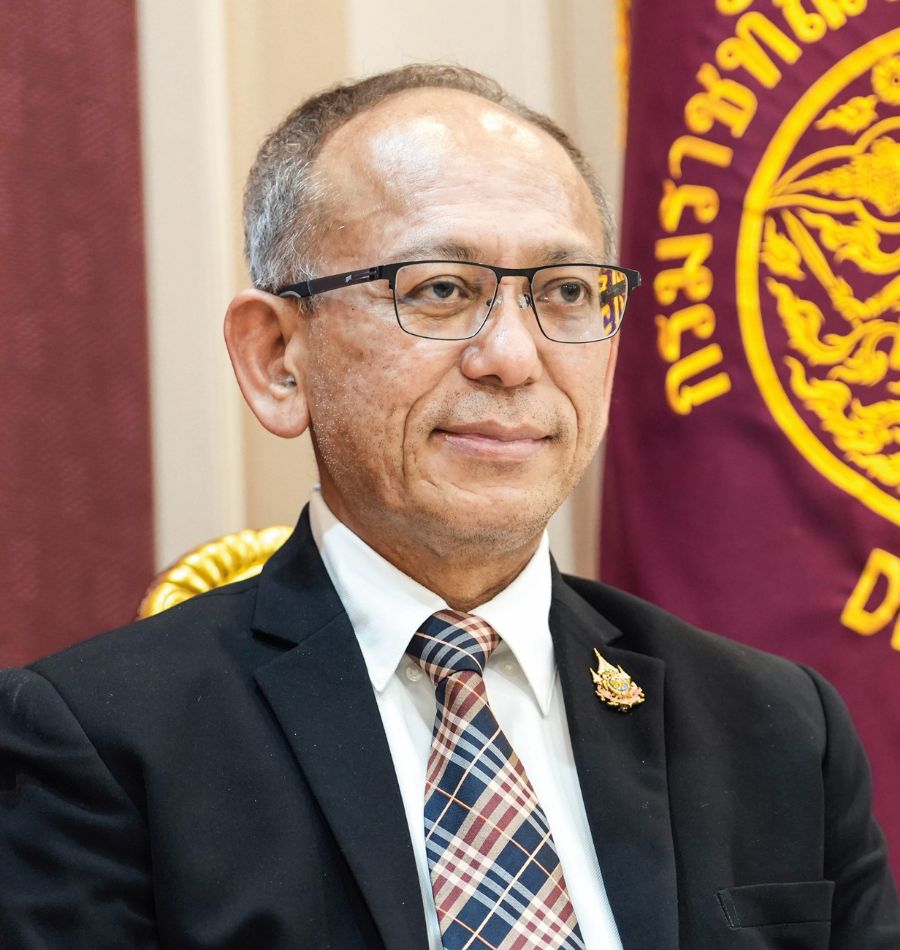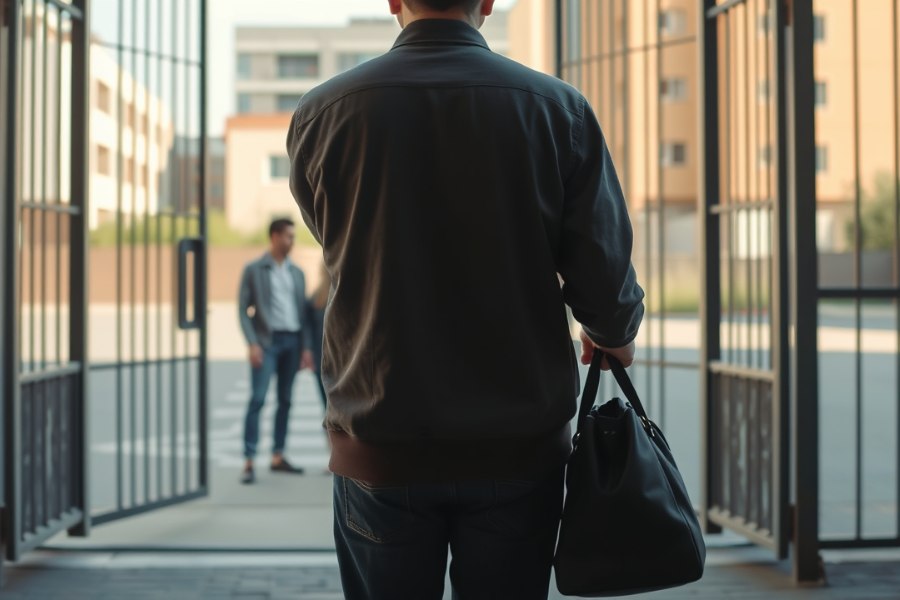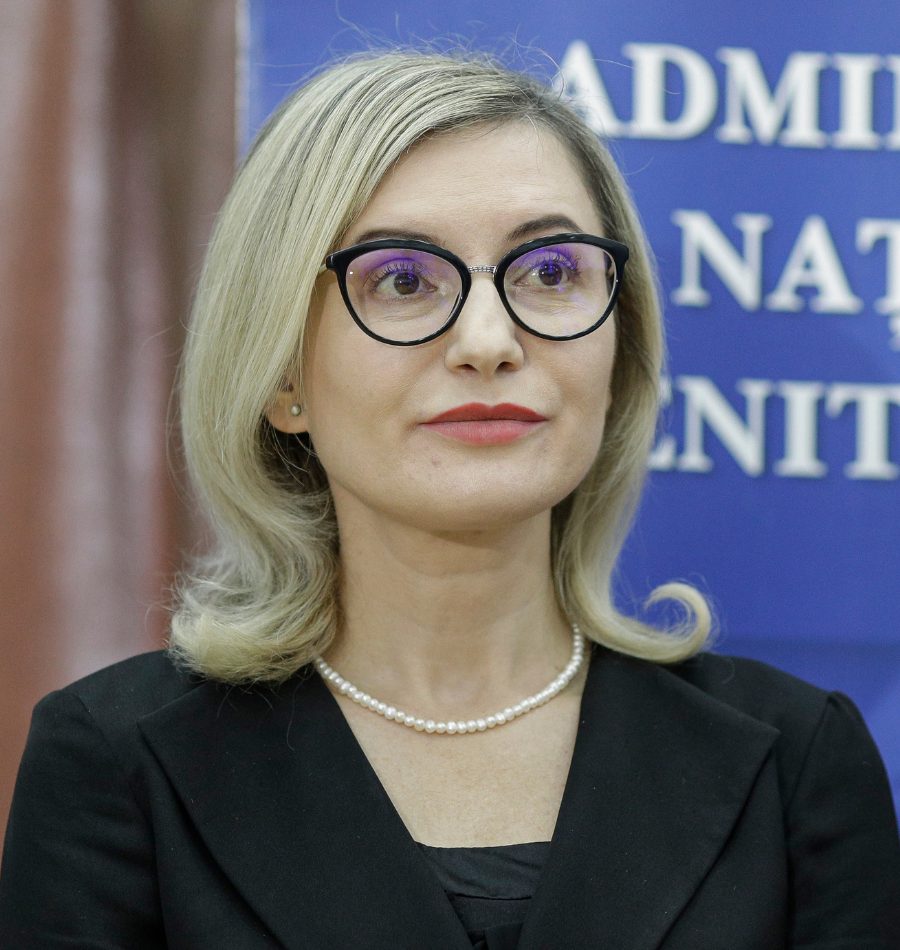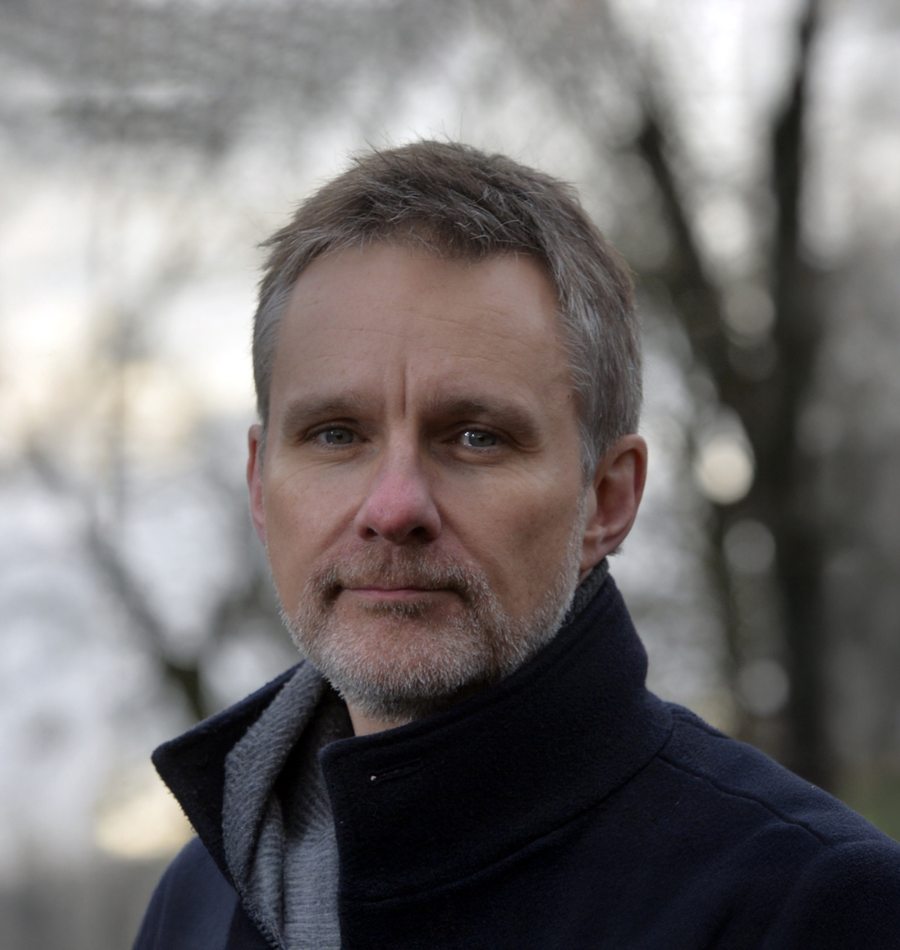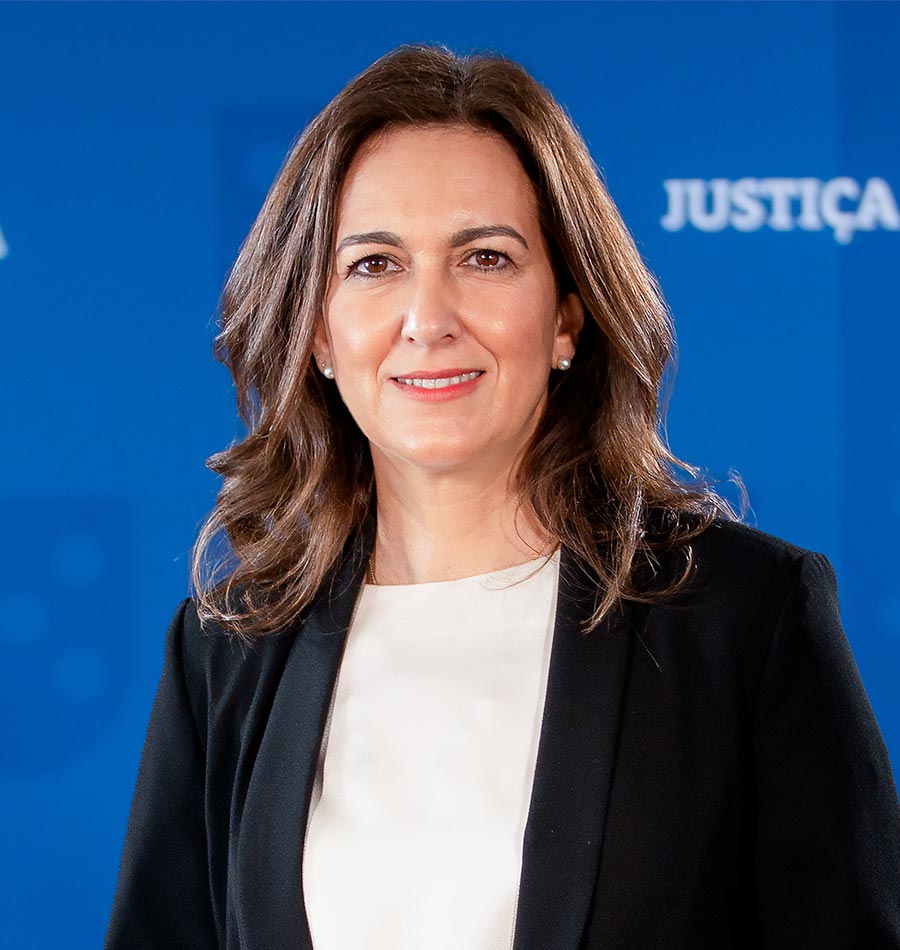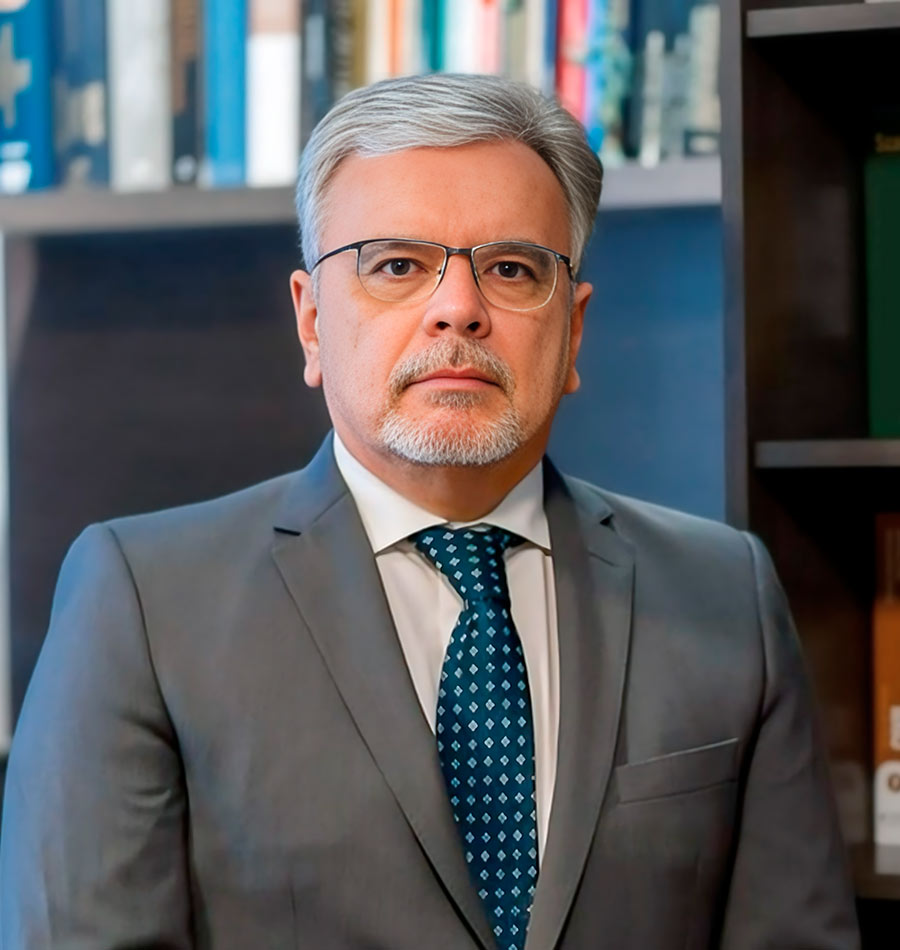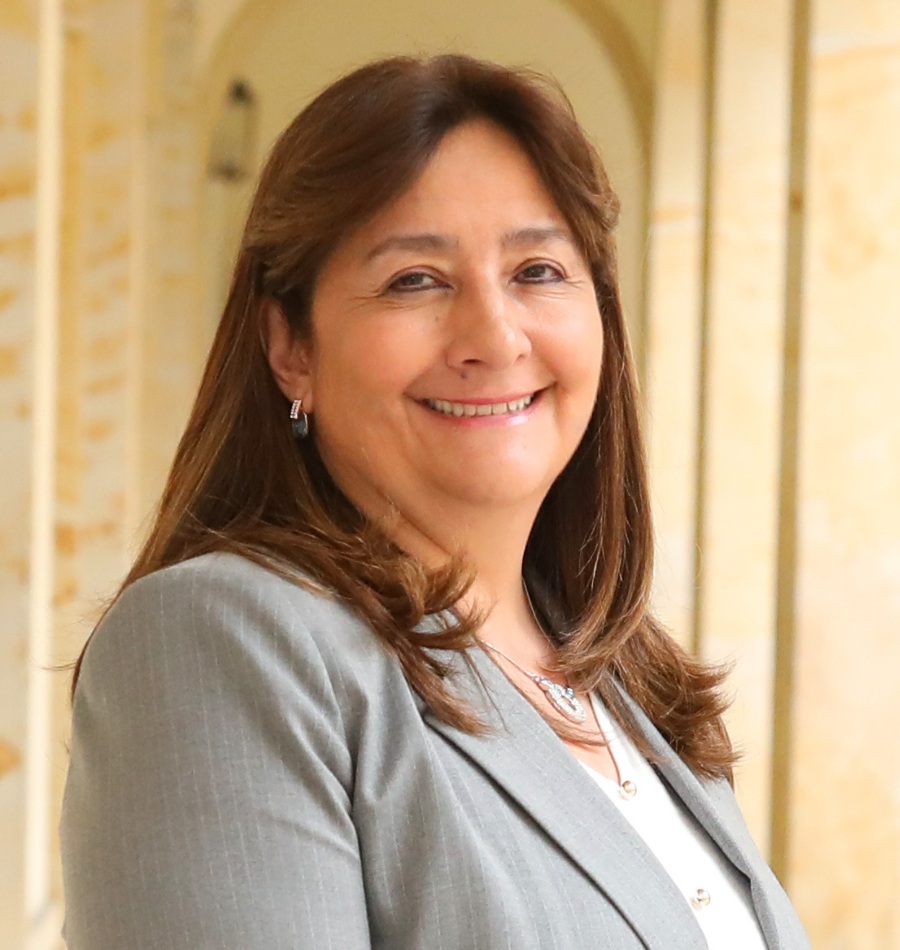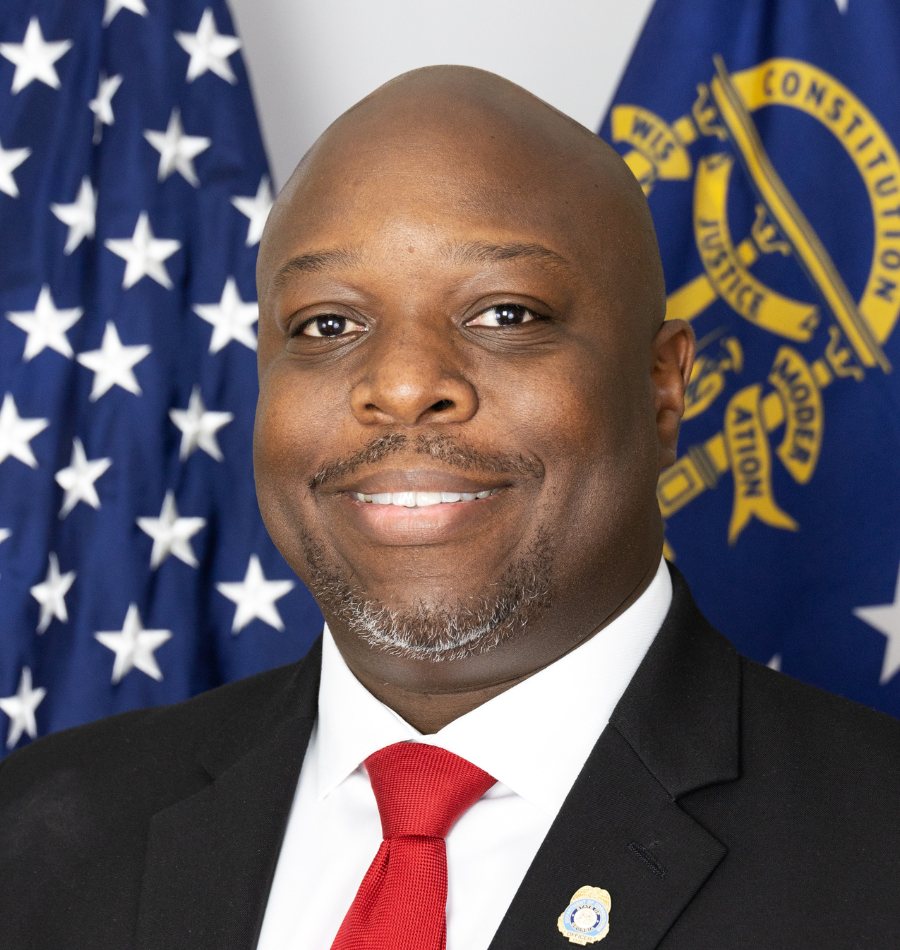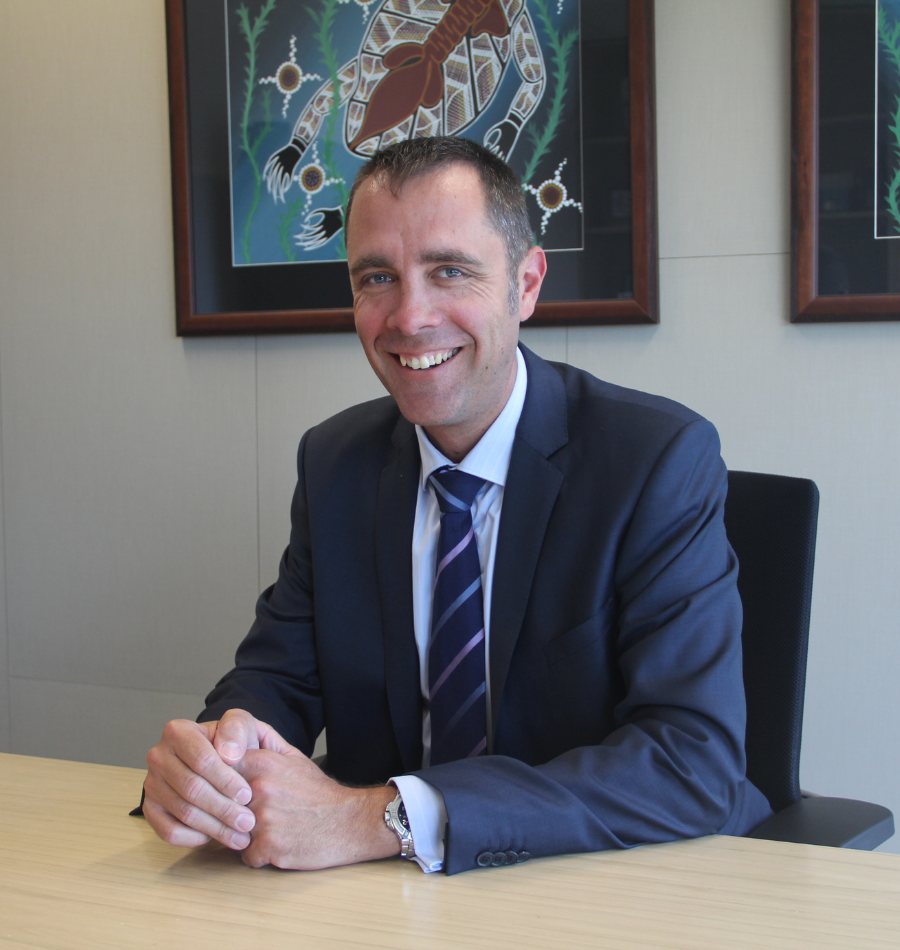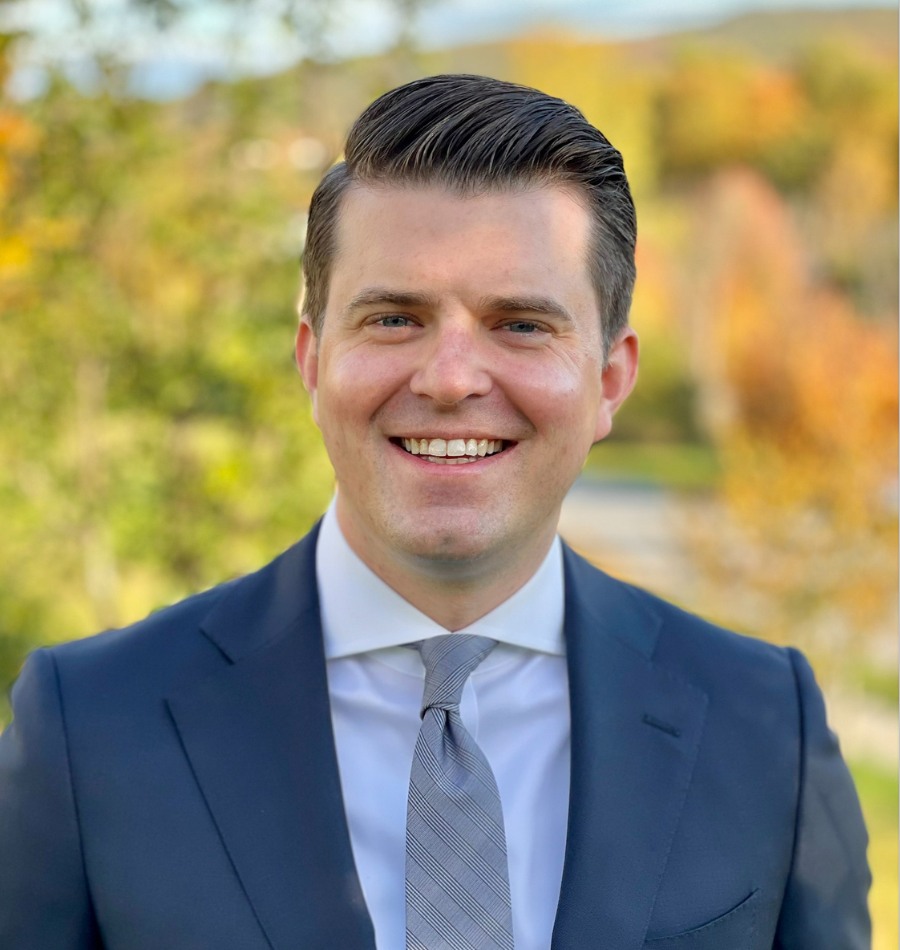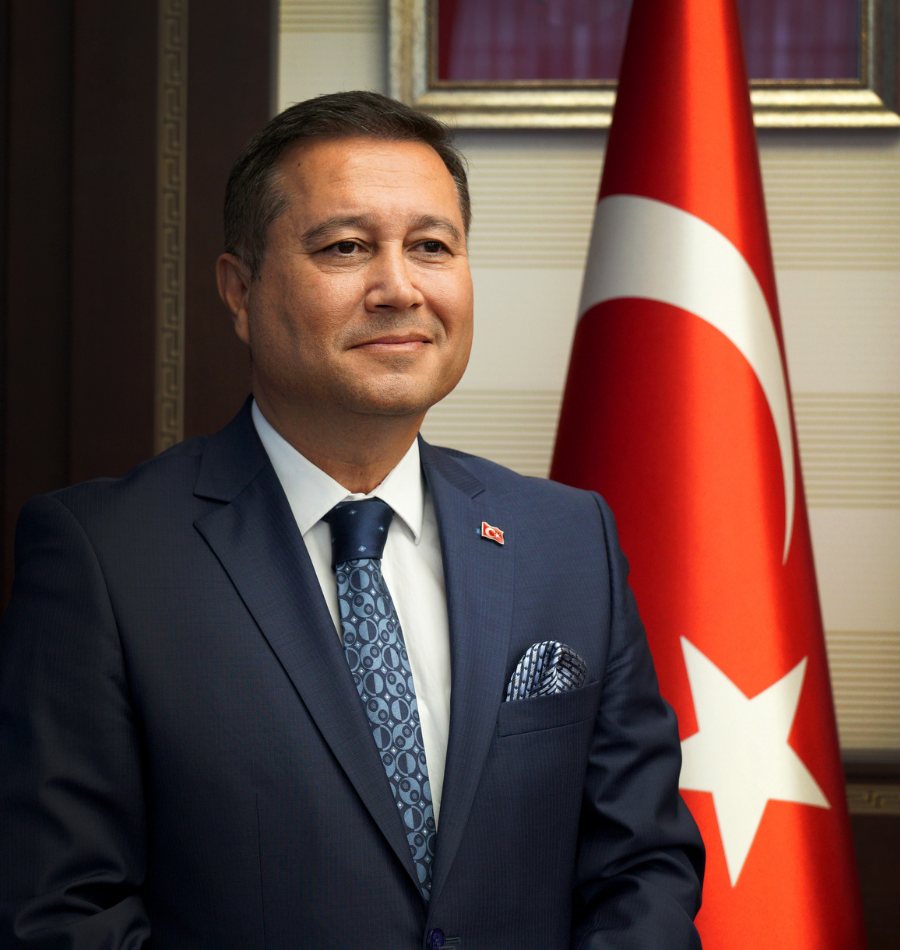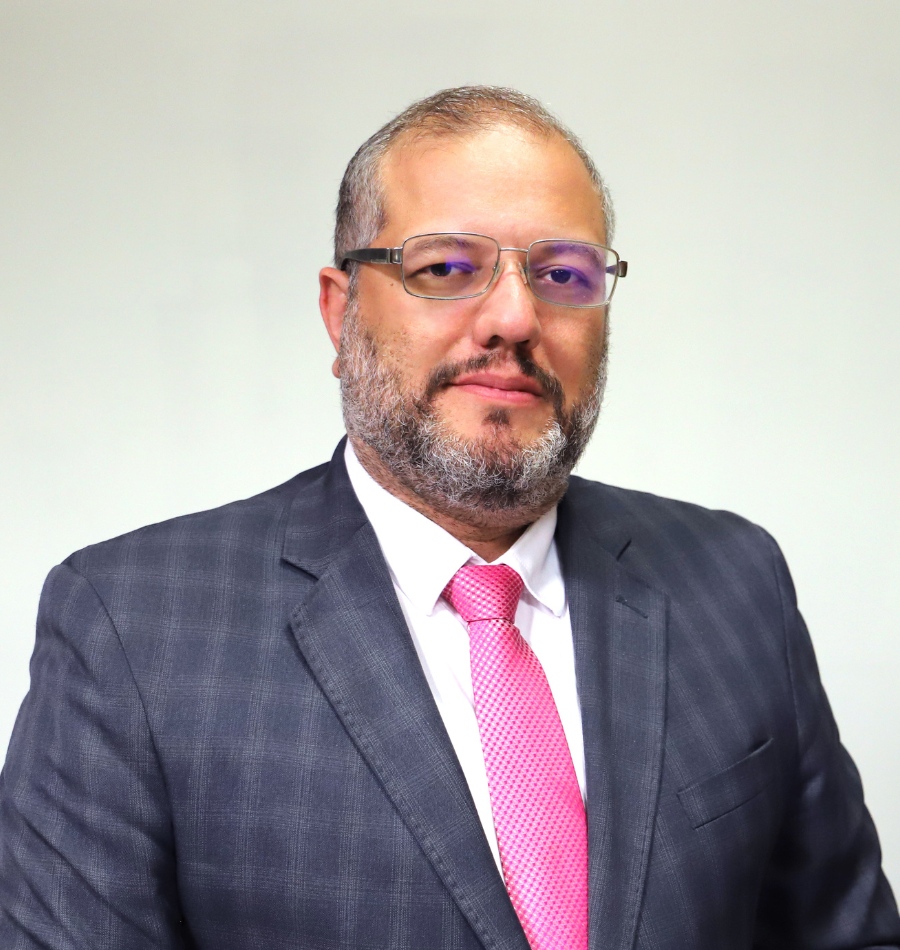Salome Muhia-Beacco, Principal Secretary for the State Department of Correctional Services, Kenya Read More
Offender Rehabilitation
Heidi Washington, Director of the Michigan Department of Corrections, USA Read More
Explore the effectiveness and evolving practices in offender rehabilitation, drawing on international perspectives to assess what works, and examine approaches to supporting reintegration and desistance from crime. Read More
The detention house project represents a fundamental switch in the Belgian penal landscape. Learn more from two leaders at the front of this project. Read More
In this article, Frank J. Porporino, Ph.D., draws on nearly 50 years of experience in corrections to explore what truly works best in correctional practice and why getting it right matters more than ever. Read More
James Bonta, Ph.D. (Clinical Psychology), Co-author of “The Psychology of Criminal Conduct” (RNR model), Canada Read More
Discover how the Michigan Department of Corrections fostering long-term success after release through an Vocational Village concept. Read More
In this case study, discover interLIFT, a highly scalable treatment delivery model created to bridge the gap between rehabilitation ideals and institutional constraints. Read More
In this edition of JUSTICE TRENDS, we explore pioneering approaches that move beyond traditional boundaries in corrections. We look at how secure and stable environments, structured models like RNR, and modern tools – including AI-enhanced Offender Management Systems – can foster trust, stability, and meaningful rehabilitation. Thought leaders in the correctional space share insights on the importance of evidence-informed practice, avoiding what we know doesn’t work, and adapting strategies to individual needs. True progress depends on systemic integration, cross-sector collaboration, and community involvement to achieve lasting change and strengthen public safety. Read More
Reactive aggression is a common challenge in criminal justice, and VR solutions are emerging as innovative tools for rehabilitation. Read More
Gabriela Slováková, Director-General of the Probation and Mediation Service Czech Republic
Read More
Viorel Sochircă, Director of the National Probation Inspectorate of Moldova Read More
Jessica Borg, Chief Psychologist and Director Programmes at New Zealand's Department of Corrections Read More
Chris Hill, Chief Executive Officer, CORCAN Read More
Sahakarn Petchnarin, Director-General of Thailand’s Department of Corrections Read More
Emma Regan, President of the International Association for Correctional and Forensic Psychology (IACFP) Read More
Claire Machan, Inês de Castro and Ana Rita Pires from IPS_Innovative Prison Systems explore the frontiers of rehabilitation support, including new evidence-based assessment tools, VR-enhanced training, and leveraging AI-powered data analysis. Read More
Toon Molleman, Deputy Director, Division of Prisons and Foreigner Detention, at the Dutch Custodial Institutions Agency, The Netherlands Read More
In this article, Sarah Spence from MHS examines how technology can transform correctional education, addressing challenges of funding, access, and security while equipping justice-involved individuals with essential digital skills for reintegration. Read More
Ioana Morar, Deputy Director-General, Romanian Prison Administration Read More
In this article, Pedro das Neves, CEO of IPS_Innovative Prison Systems, examines how AI can support corrections, the obstacles it may face, and the steps needed to ensure its use is ethical, inclusive, and evidence-based. Read More
Ananda Chalegre, Director-General, Paraná State Penal Police Department, Brazil Read More
Explore how the current landscape underscores the needs and challenges faced by victims, communities, and justice systems, and why adopting a restorative-centred approach to justice is crucial in addressing cases of hate and extremism. Read More
Fergus McNeill, Professor of Criminology & Social Work, University of Glasgow, UK Read More
Read about Namibia’s Correctional Service (NCS) partnership with Telio Group to pilot a supervised telephony system at Windhoek Correctional Facility, in this article written by Dave Lageweg from Telio, and Raphael T. Hamunyela, the Commissioner-General of the Namibian Correctional Service. Read More
Self-harm and suicide are pressing issues in prisons worldwide. This article explores why addressing these challenges must be a core priority for correctional systems, not only to safeguard mental health, but also to support meaningful rehabilitation. Read More
Rita Alarcão Júdice, Minister of Justice, Portugal Read More
André de Albuquerque Garcia, National Secretary for Penal Policies, Ministry of Justice and Public Security, Brazil Read More
Ángela María Buitrago, Minister of Justice and Law, Colombia Read More
Tyrone Oliver, Commissioner of the Georgia Department of Corrections Read More
David Brown, Chief Executive of the Department for Correctional Services, South Australia Read More
Nicholas Deml, Commissioner of the Vermont Department of Corrections Read More
Dominique Moran, Professor in Carceral Geography in the School of Geography,
Earth and Environmental Sciences at the University of Birmingham Read More
Isabelle Condé, CEO of SGP, Prison Management Solutions Read More
Mathilde Steenbergen, Director-General of the Belgian Prison Service Read More
Enis Yavuz Yıldırım, Director General of Prisons and Detention Houses of Türkiye Read More
Marcus Rito, President of CONSEJ and
Secretary of Justice of Rondonia, Brazil Read More
Evariste Murenzi, Commissioner General, Rwanda Correctional Service, Rwanda Read More
Terry Hackett, Head of the Persons Deprived of Liberty Division, International Committee of the Red Cross (ICRC) Read More
Kim Ekhaugen, Head of International Cooperation in the Directorate of
Norwegian Correctional Service Read More







